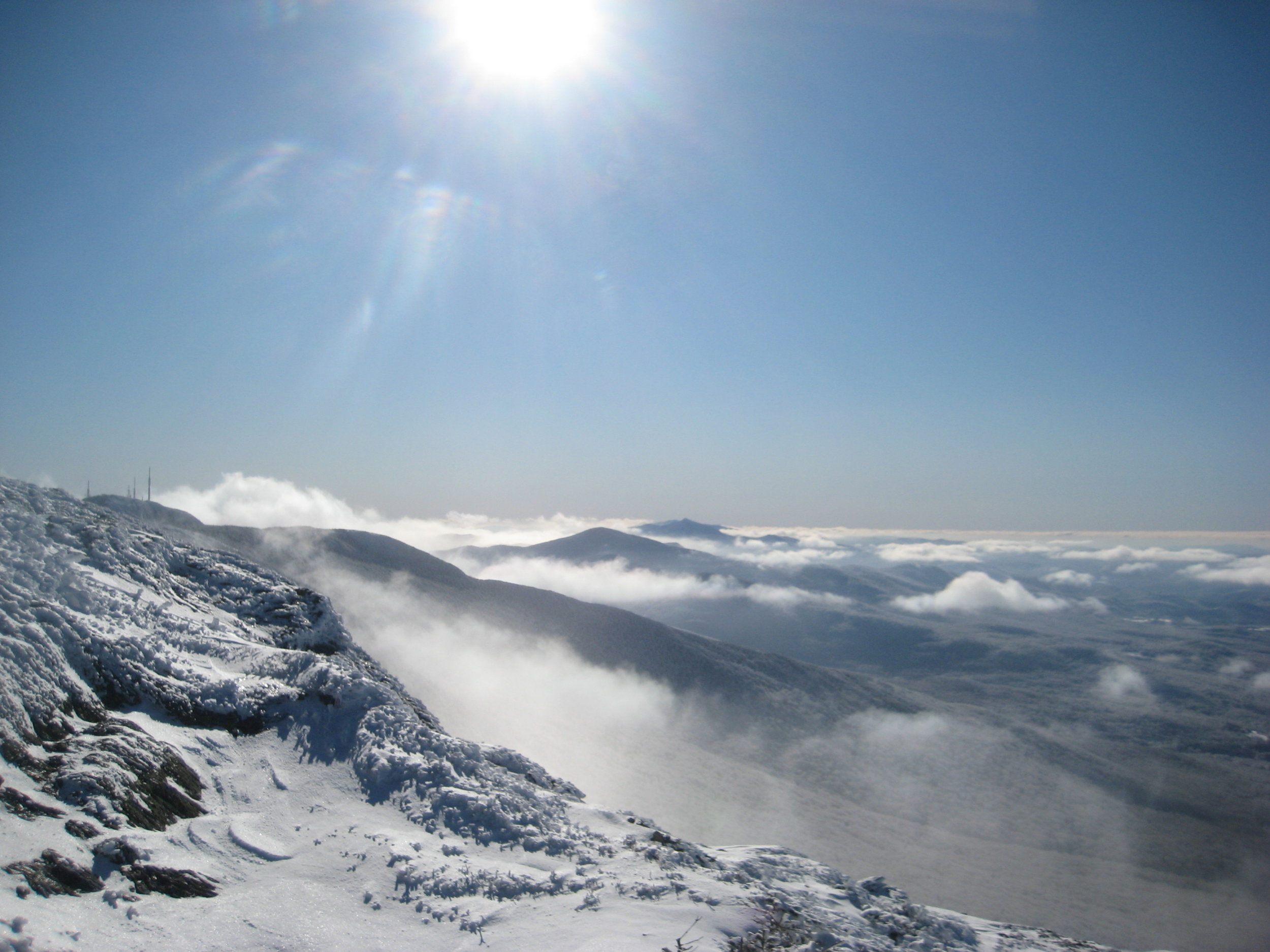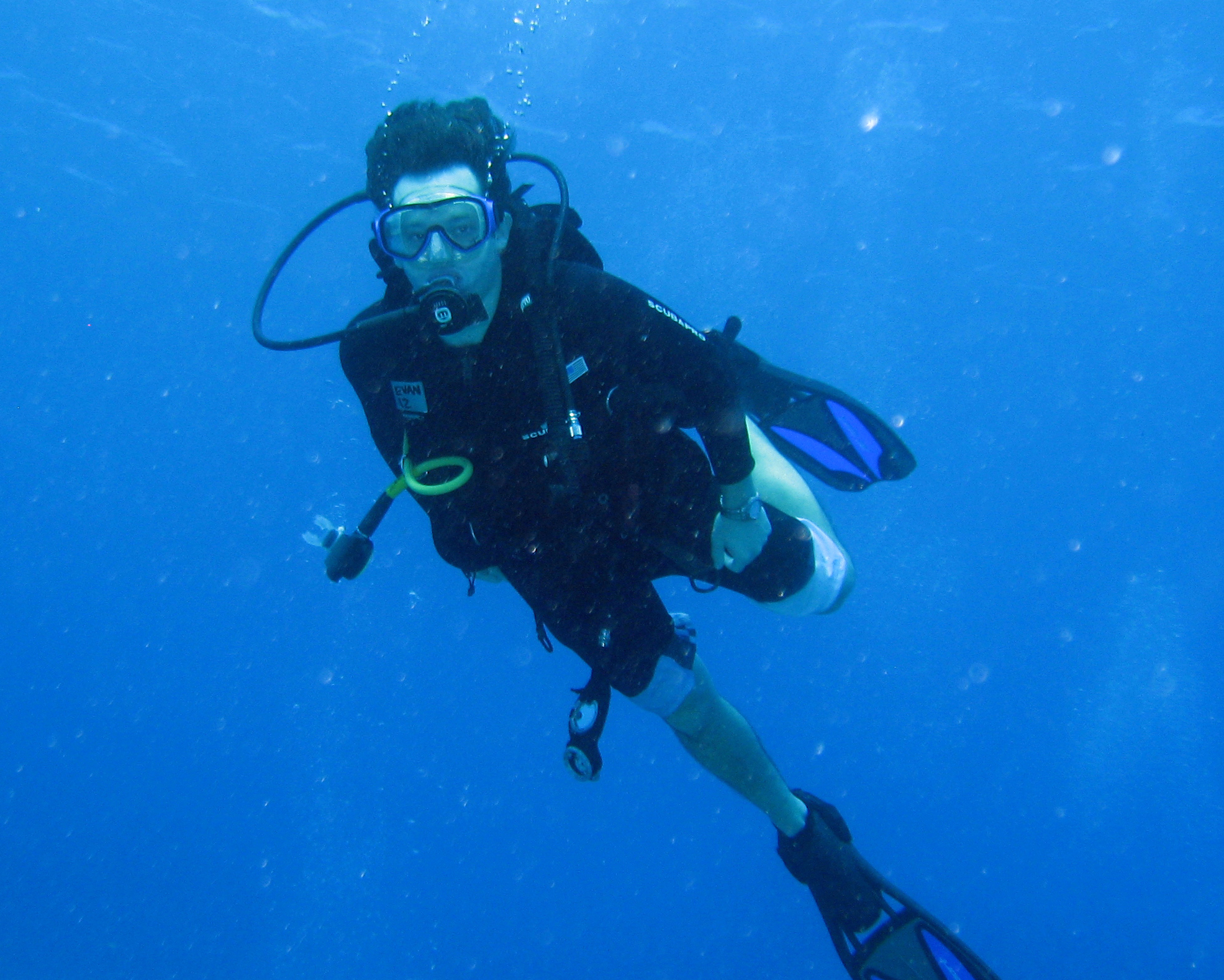Some families struggle to find the right summer camp for their prospective camper. With over ten million children attending camp each year and thousands of programs to choose from, it is certainly not an easy task. Once upon a time parents were mailed boxes of promotional tapes and camp literature to sort through in finding the right program. Today, much of the search is done online and in the end they talk to two or three final contenders. Below I have listed some tips that I have found helpful over the past six years of helping families decide on what camp to choose. (Keep in mind that every camp is unique and that none fit perfectly into a mold)
- Day camp or overnight camp? - This is really the first place to start. It is a misconception that day camps are only for little kids and overnight camps are only for older kids and teens. If you are wondering whether it is too early for an overnight camp ask this question: "Is the prospective camper OK with sleepovers away from home?" If yes, he/she is likely ready for a week or more of overnight camp. Many times, it is the parents who are not ready to ship off their kids so make sure not to project your own fears when making the decision together. Overnight camps tend to help build a camper's self esteem and confidence in a way that day camps cannot approach. Day camps, on the other hand, are perfect if a camper has weekend commitments elsewhere, wants to test out camp life without having to be away from his/her family, or if overnight camp is truly out of the budget.
- Traditional camp or specialty camp? - There are endless camp programs out there to choose from. If a prospective camper has a passion for a certain sport or activity you can narrow down your choices by searching only for specialty camps that cater to that activity. I designed Water Monkey Camp to be a specialty overnight camp which emphasizes water sports - specifically wakeboarding, waterskiing, wake surfing, and wake skating - and is perfect for the prospective camper who loves to be out on the lake participating in these sports. Other specialty camps include ones dedicated to baseball, basketball, pretty much any land sport, theater, or horseback riding, technology, and many more. Traditional camps take a more rounded approach, offering a wide variety of sports and activities with much less depth of instruction. A balanced summer could include a mixture of traditional and specialty camps. If a prospective camper has a "must-have" activity make sure it is listed explicitly on the camp website and is offered on campus and included in the tuition (examples of such activities include horseback riding, high ropes, paintball, go karts, or other high cost/high risk activities).
- One-week, two-weeks, four-weeks, or full summer? - Camps used to offer one session: the entire summer. The modern camp environment is drastically different with camps offering any and every length session you can mathematically derive. The full eight-week camp session is the extreme while one-week programs are pretty much the minimum. While the ultimate length of stay depends on your family's budget and scheduling, the norm these days for most overnight camps is four weeks. A month sounds like a long time but it gives campers a chance to really get settle in and get acclimated to camp life. Water Monkey Camp, as a specialty camp, was designed around one-week sessions. We offer intensive, individualized instruction which works best through short one or two week stays.
- Private camp or organization-backed camp? - Camps can be privately owned and operated or run by organizations such as the YMCA, Boy Scouts, Girl Scouts, or a religious group. Private camps tend have a bit higher tuition but will offer the nicest facilities and equipment and are not bound by the budgetary constraints and red tape of a large organization. YMCA, Boy Scout, and Girl Scout camps, are often subsidized by their parent organizations and thus have lower tuition but may offer less in terms of the best equipment, staff, food, and facilities. Proponents of either type will fiercely defend their camp so pick what works best for you!
- To go coed or not go go coed? – It is the age old question that some prospective camp parents continue to struggle with. The popular belief is that in a coed environment there is a risk of boys and girls engaging in age-inappropriate behavior. In reality, a camp with proper policies, an attentive staff, and experienced management will all but eliminate this risk. Coed camps allow boys and girls to build important interpersonal skills as they interact with each other throughout their days at camp while retiring to separate, supervised cabins at night. Proponents of all-boys/all-girls camps say that the benefit is in the form of eliminating the distraction of impressing the opposite sex from their campers’ lives so that they can focus on participating in camp activities and grow as individuals. Whatever your thoughts are on the matter, a prospective camp should clearly state its policies, dispelling any concerns you may have and making this pretty much a non-issue.






